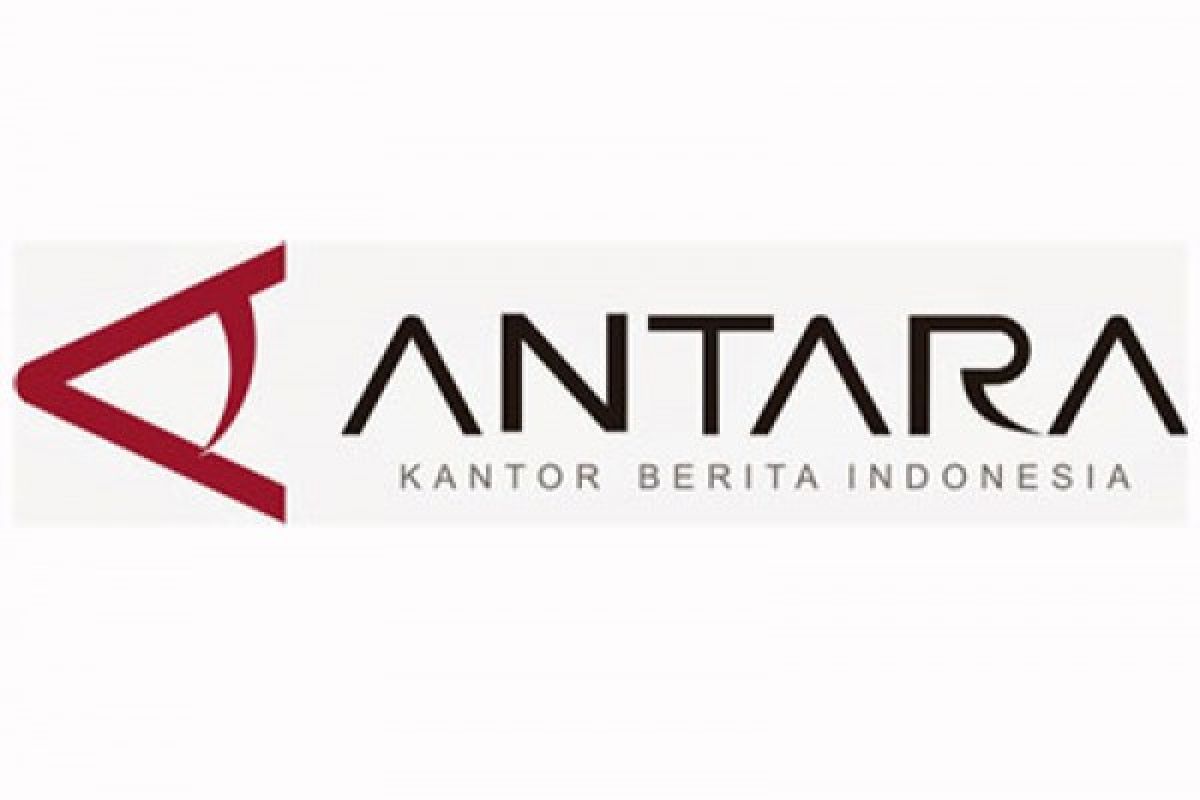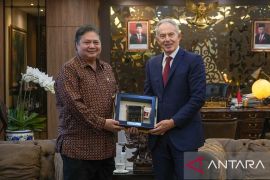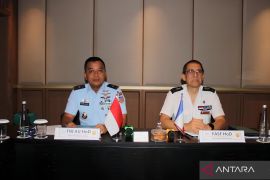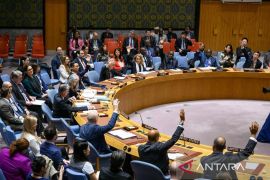"Diarrhoea is one of the leading causes of illness and death in children, and rotavirus is the most common cause of severe diarrhoea. The rotavirus vaccine is needed," Professor Yati Soenarto, a regional leader in paediatric gastroenterology and rotavirus research in Indonesia, stated here on Thursday evening.
The virus is responsible for most cases of diarrhoeal infections that lead to the hospitalisation of infants and young children in Indonesia.
Based on a public health study, the virus is estimated to cause 10 thousand child deaths, over 200 thousand hospitalisations, and almost 600 thousand clinical presentations in children under the age of five in Indonesia every year.
Success of the RV3-BB vaccine represents a significant scientific and global health achievement. It is the culmination of more than four decades of work.
The first phase of the study was conducted in Melbourne and New Zealand, Australia, in the 1990s and was continued in Indonesia from 2013 to 2016.
"It is not easy to find a vaccine, as it should work very well," she pointed out.
Meanwhile, Pharmacologist Jarir At Thobari remarked that the world`s first clinical trial was conducted in Indonesia. The RV3-BB vaccine was administered to infants in the first five days following birth.
Current rotavirus vaccines can only be administered to children older than six weeks, which leaves newborn babies, particularly vulnerable to the rotavirus infection.
The study involved 25 primary health centres and hospitals from Klaten District, Central Java, and Sleman District, Yogyakarta. Follow-ups were conducted on infants who were part of the study until 18 months of age, with a high success rate.
Some 94 percent of the infants were protected in their first year of life against severe rotavirus gastroenteritis, while 75 percent of the infants were protected up to the age of 18 months, he noted.
Thobari expects that the RV3-BB vaccine could be supplied to Indonesian children under the National Immunization Program.
Bio Farma will become a license holder to develop and produce the RV3-BB vaccine.
"Indonesian people are expected to realize the benefits of the vaccine," he added.
(UU.A063/A/KR-BSR/O001)
Reporter: antara
Editor: Heru Purwanto
Copyright © ANTARA 2018












